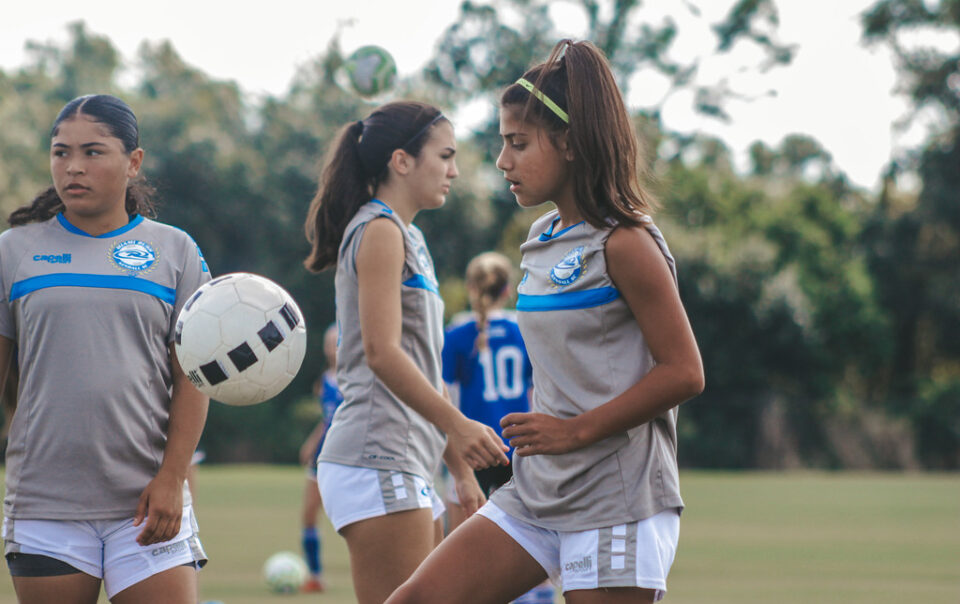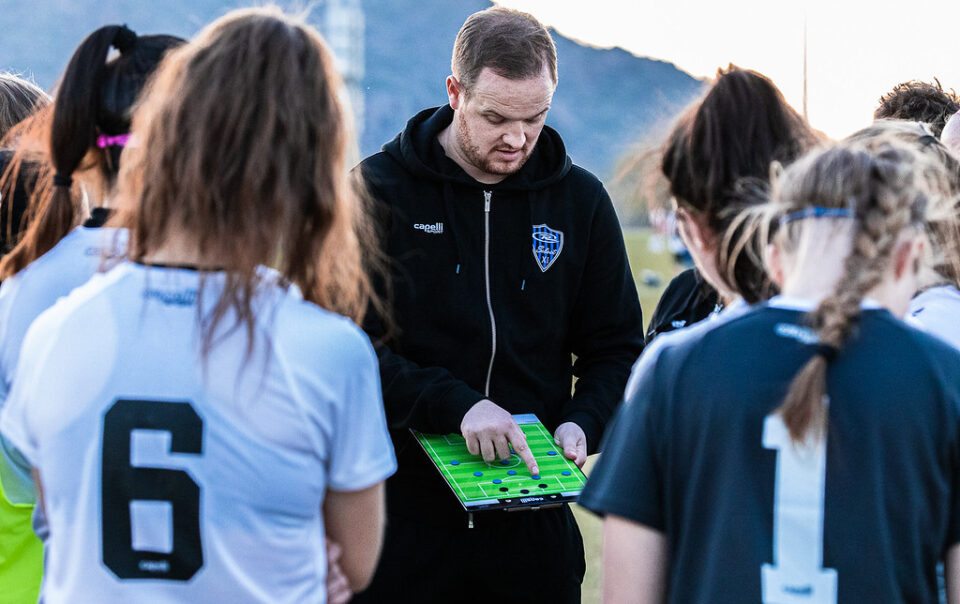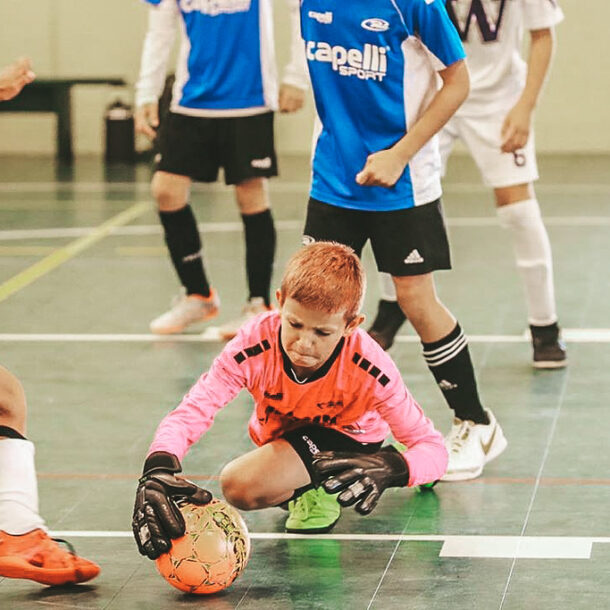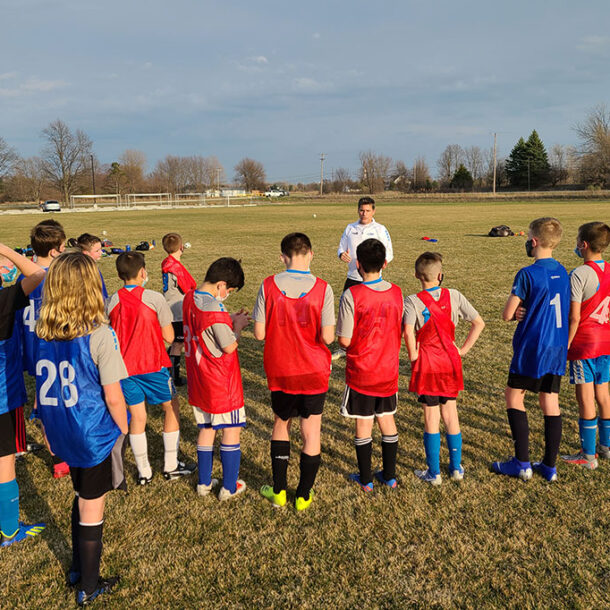
Sports Performance Coach Fabrice Ramphort walked us through ways and strategies to help our players develop a strong, positive mentality and avoid stress and anxiety while performing, during a fantastic Webinar with Chris P., our Developmental Director. Watch and/or read below!
Fabrice is a Sport Performance Coach who has a degree in Mental Preparation and works with young athletes to unlock their potential using mental strategies. “There are many different parameters that we can look at in Mental Performance. One of them is the Cognitive Ability, whether you can concentrate, the challenges to regain concentration, etc. There’s also Psychosomatic Abilities, like relaxation and activation. Another is Stress Control, managing stress and managing fear as well”, he explained.
Having a two-way communication can and will help us develop together with our player a plan to build a strong mentality: “If there’s some nervousness, you need to look at what are some of the components that make someone anxious or stressed, and you can put in place what we call ‘Performance Routine‘, which will help you cope with that anxiety or stress. ‘Performance Routine’ is basically you finding activities, which you are gonna put in place with the athlete, so he/she can put those strategies in place as part of the journey“.
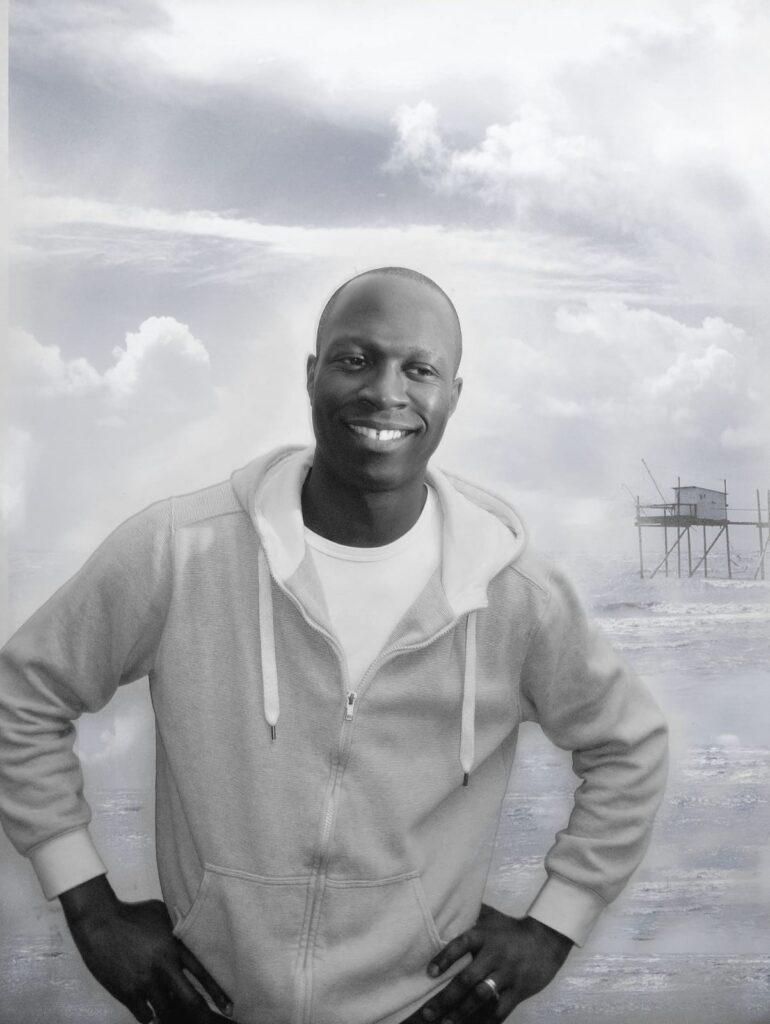
Whether a player has more or less skills, self esteem is key when performing not only on the field, but on a daily basis. Fabrice indicated that helping them remember their success in the past can help players regain confidence in themselves.
“If you look at the post performance or the feedback, it’s about the self image. There’s two elements: the inner self image, where we need to establish whether the self image could potentially impact on the person’s self esteem. If the person’s self esteem is in jeopardy, that can impact on the confidence. The other element is image re rehearsal, which includes visualization, what you hear, what you feel, etc. One way to increase confidence is to talk about past good performance. You want to get into image re rehearsal based on past positive experiences”, he stated.
“From an informational way of working, we are aiming to get transformation, but between those two, there’s some work to be done. ‘Transformational’ also potentially means that the player will see a reason to do this. If the player sees that there’s a benefit in doing those exercises, then he/she will see an added value in doing that”.
Fabrice Ramphort.
Our guest also left a self-reflection concept to analyze how important we consider and apply mental exercises when coaching young players: “We need to remember that every day we work on the physical, the tactical and the technical. I think it is important to ask ourselves: ‘Do we also want them to start working on the mental?’. Do we work on the short term or do we look at working on the longer term, investing in something today to collect the benefit tomorrow?“.


